Deep Learning Applications, a subset of machine learning, has revolutionized various industries by providing innovative solutions to complex problems. Leveraging neural networks that mimic the human brain, deep learning algorithms can analyze vast amounts of data, recognize patterns, and make decisions with minimal human intervention. This article explores some of the most impactful applications of deep learning across different sectors, highlighting its transformative potential.
Deep Learning Applications
1. Healthcare: Enhancing Diagnostics and Treatment
In healthcare, deep learning is making significant strides in improving diagnostics, treatment planning, and patient care. Applications include:
- Medical Imaging: Deep learning algorithms can analyze medical images such as X-rays, MRIs, and CT scans to detect diseases like cancer, pneumonia, and diabetic retinopathy with high accuracy. For instance, Google’s DeepMind has developed algorithms capable of diagnosing over 50 eye diseases from retinal scans.
- Drug Discovery: Deep learning accelerates drug discovery by predicting how different compounds will interact with targets in the body. This reduces the time and cost involved in bringing new drugs to market.
- Personalized Medicine: By analyzing genetic information, deep learning helps in creating personalized treatment plans tailored to an individual’s unique genetic makeup, enhancing the effectiveness of treatments.
Read more articles.
2. Autonomous Vehicles: Driving the Future of Transportation
Autonomous vehicles rely heavily on deep learning to navigate roads, interpret traffic signals, and ensure passenger safety. Key applications include:
- Object Detection: Deep learning models identify and classify objects on the road, such as pedestrians, cyclists, and other vehicles, enabling real-time decision-making.
- Path Planning: Algorithms predict the best routes based on current traffic conditions, optimizing travel time and fuel efficiency.
- Safety Systems: Deep Learning Applications enhances safety features like collision avoidance systems, lane departure warnings, and adaptive cruise control, making autonomous driving more reliable and secure.
3. Finance: Revolutionizing Fraud Detection and Risk Management
In the finance sector, Deep Learning Applications is used to detect fraudulent activities, manage risks, and optimize trading strategies. Applications include:
- Fraud Detection: By analyzing transaction patterns, deep learning models can identify unusual activities and flag potential fraud in real-time, protecting consumers and financial institutions.
- Algorithmic Trading: Deep Learning Applications algorithms analyze market data and predict stock price movements, enabling high-frequency trading with improved accuracy and profitability.
- Risk Assessment: Financial institutions use deep Learning Applications to assess credit risk by evaluating a wide range of factors, including credit history, market trends, and economic indicators.
4. Retail: Enhancing Customer Experience and Optimizing Operations
Retailers are leveraging deep learning to improve customer experiences, streamline operations, and increase sales. Key applications include:
- Recommendation Systems: Deep Learning Applications models analyze customer behavior and preferences to provide personalized product recommendations, boosting sales and customer satisfaction.
- Inventory Management: Predictive analytics powered by deep learning helps retailers manage inventory more efficiently by forecasting demand and reducing stockouts or overstock situations.
- Customer Service: Chatbots and virtual assistants driven by deep learning can handle customer inquiries, provide support, and enhance the overall shopping experience.
5. Entertainment: Revolutionizing Content Creation and Personalization
The entertainment industry is adopting deep learning to create and deliver content that resonates with audiences. Applications include:
- Content Recommendation: Streaming services like Netflix and Spotify use deep learning to analyze user preferences and suggest movies, shows, or music that align with their tastes.
- Content Creation: Deep learning is being used to generate music, art, and even scripts for movies and TV shows, pushing the boundaries of creativity and innovation.
- Audience Analytics: By analyzing social media and other data sources, deep learning helps entertainment companies understand audience preferences and tailor their content strategies accordingly.
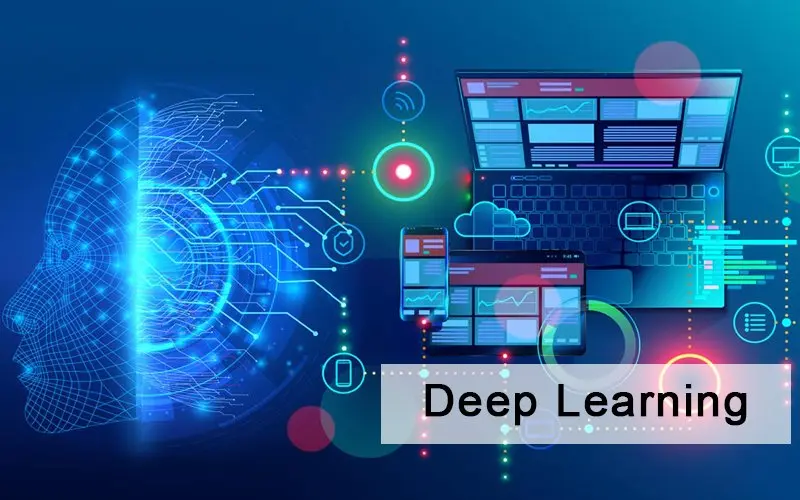
Conclusion
Deep learning is a powerful tool that is transforming industries by enabling more efficient, accurate, and innovative solutions. From healthcare and finance to retail and entertainment, its applications are vast and continually expanding. As deep learning technology continues to evolve, we can expect even more groundbreaking advancements that will shape the future of various sectors and improve our daily lives.
By understanding and leveraging the potential of deep learning, businesses and organizations can stay ahead of the curve, drive growth, and deliver better value to their customers.
References
- Simplilearn. “Deep Learning Applications.” Available at: Simplilearn
- Great Learning. “Deep Learning Applications.” Available at: Great Learning
- Built In. “23 Real-World Examples of Deep Learning Applications.” Available at: Built In


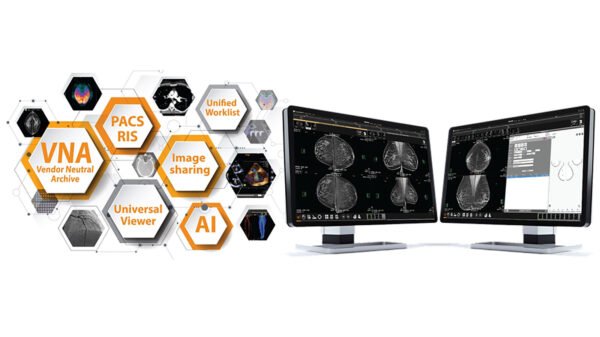
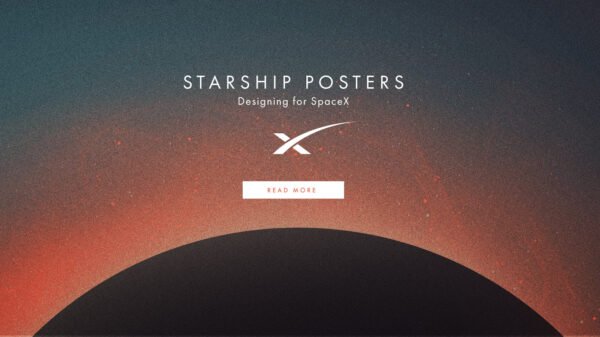


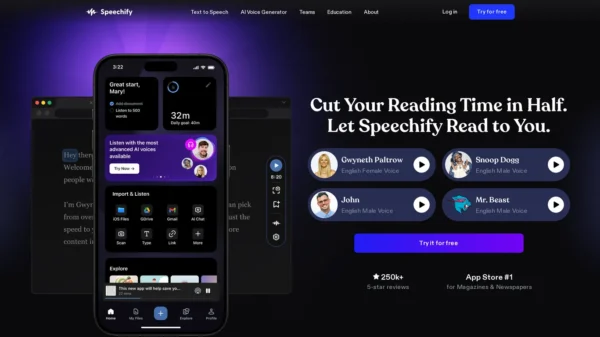






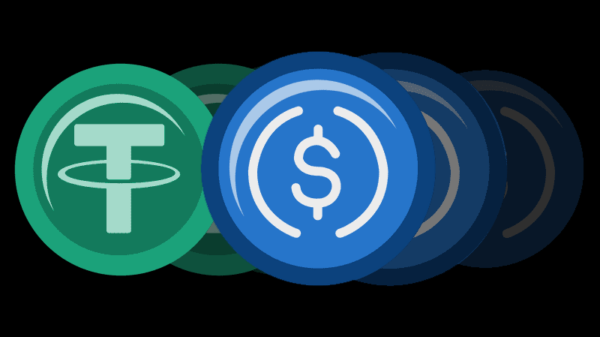
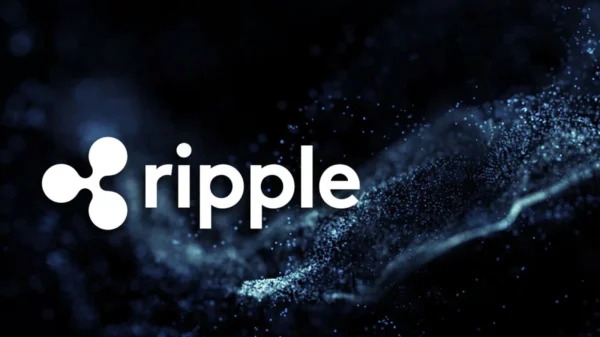
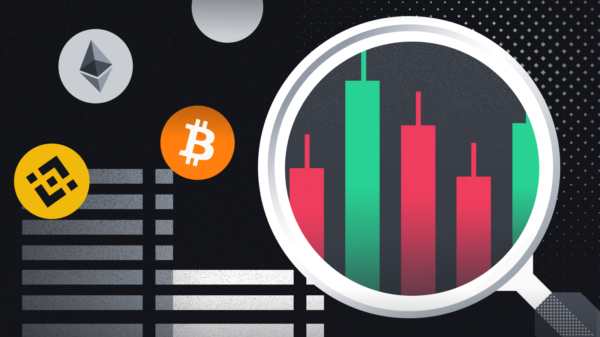
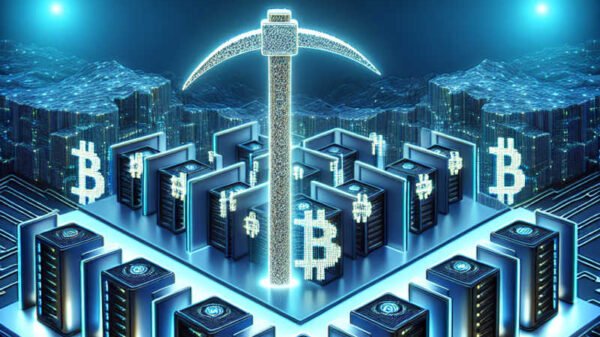


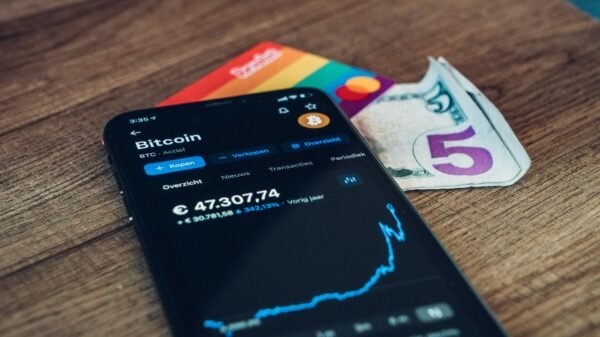

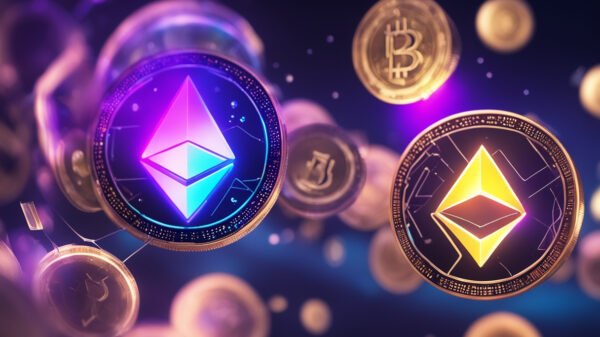
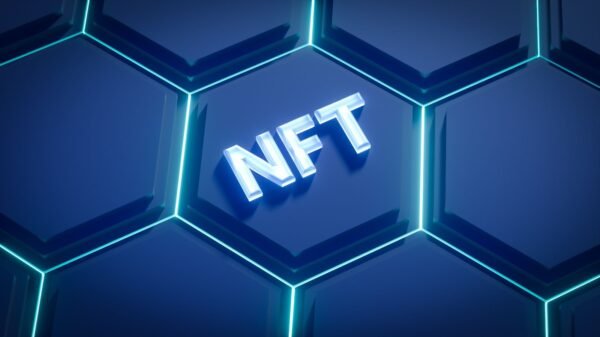
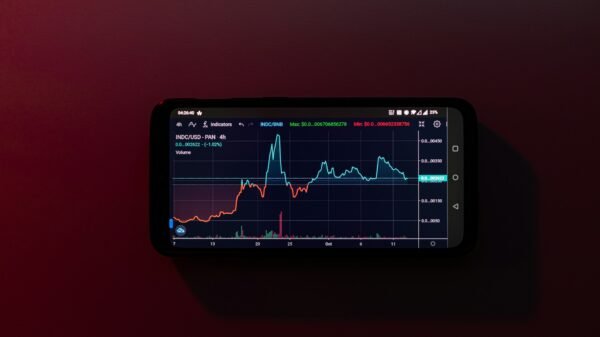
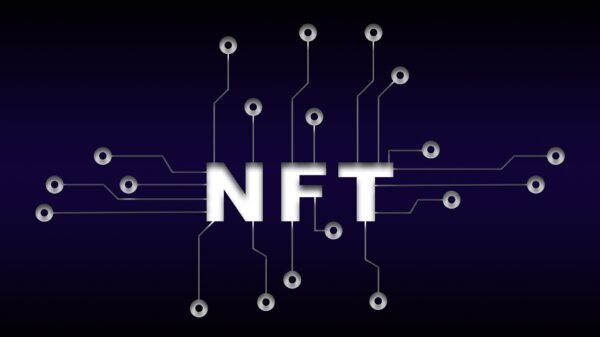



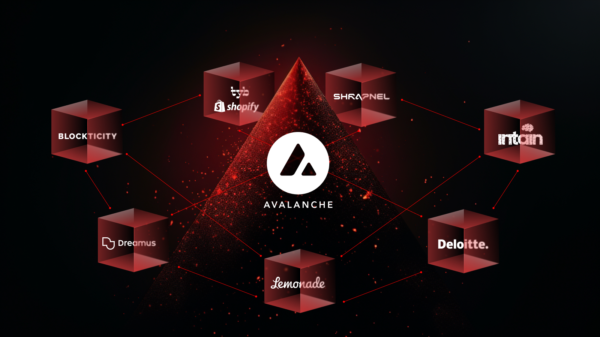



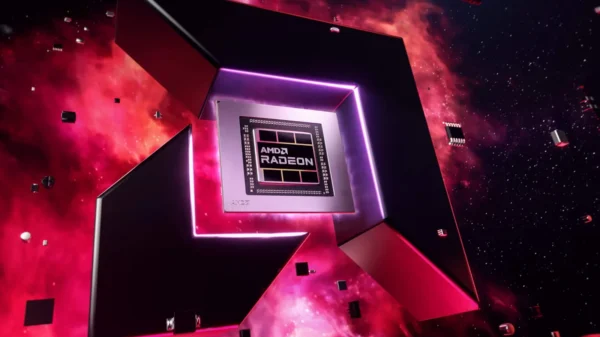
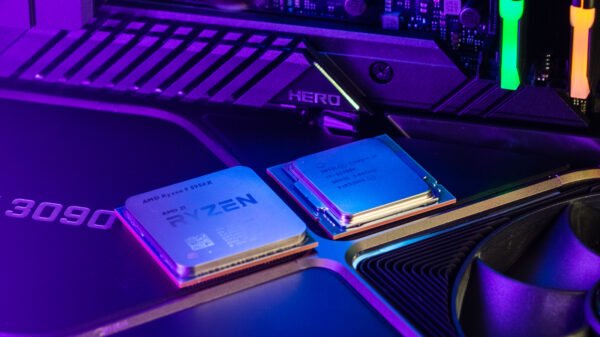
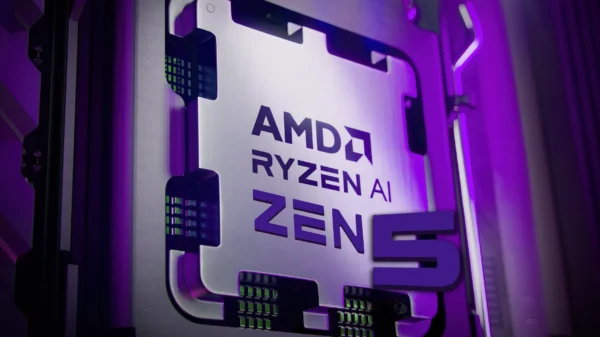











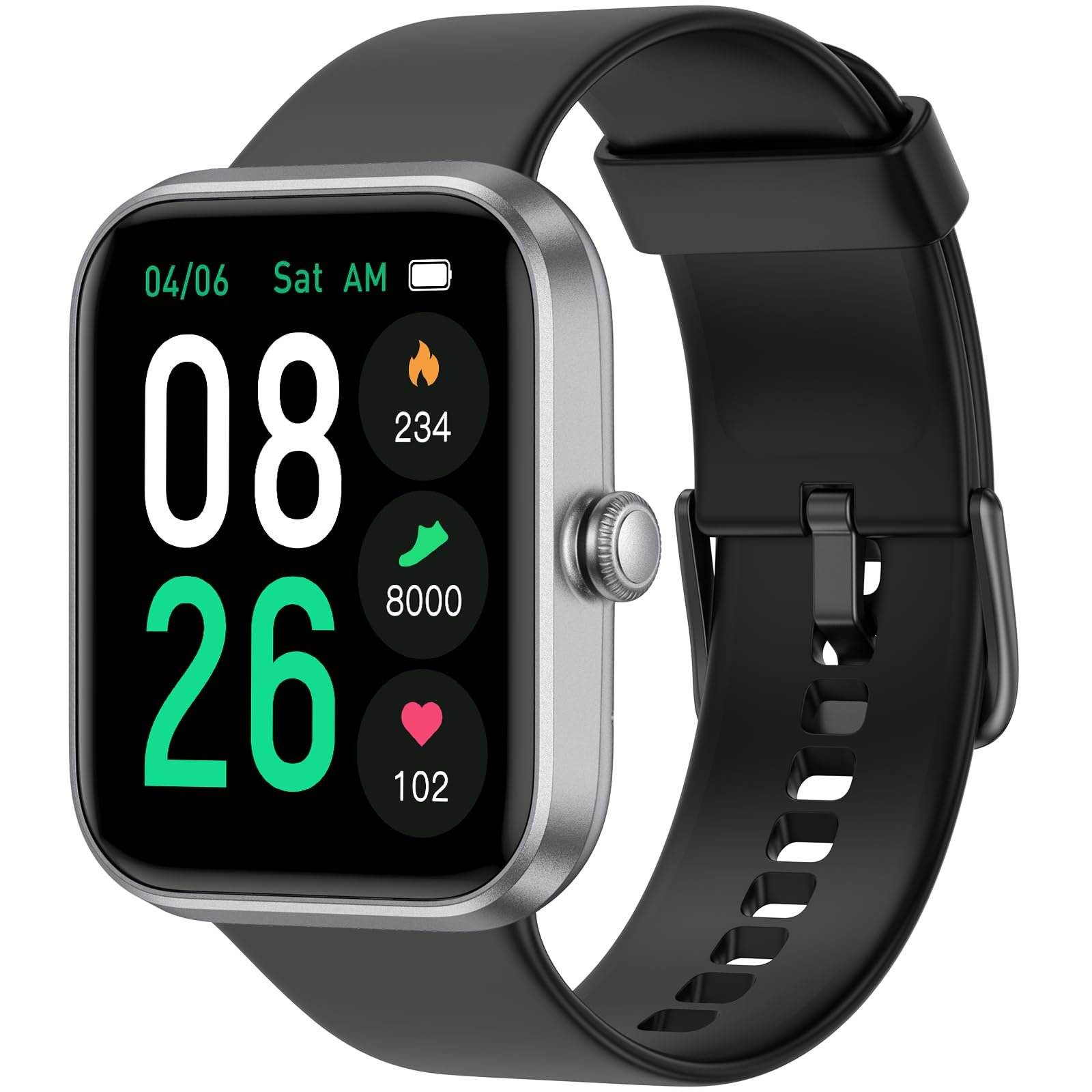










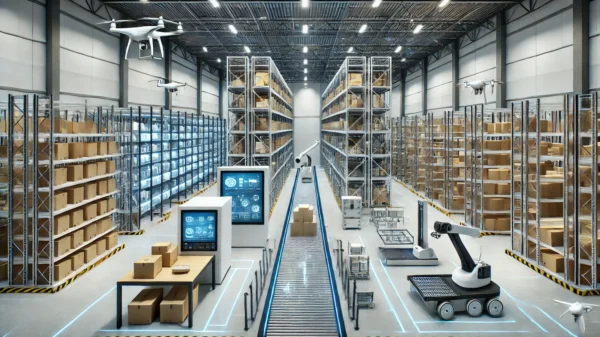





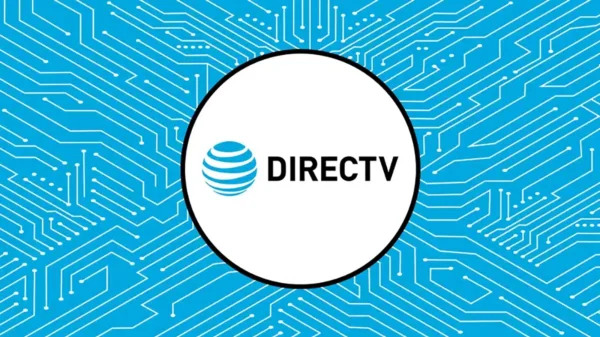
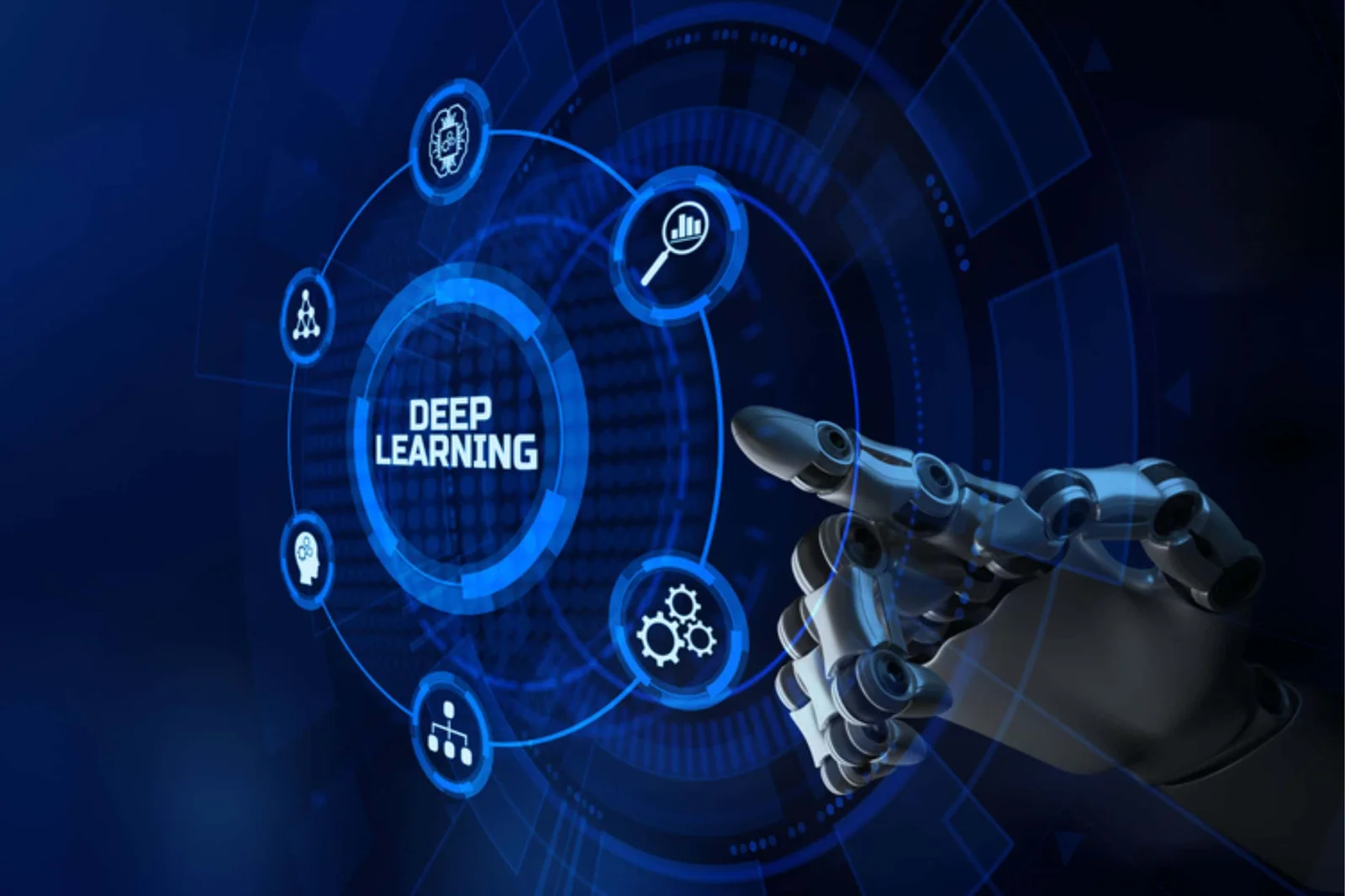
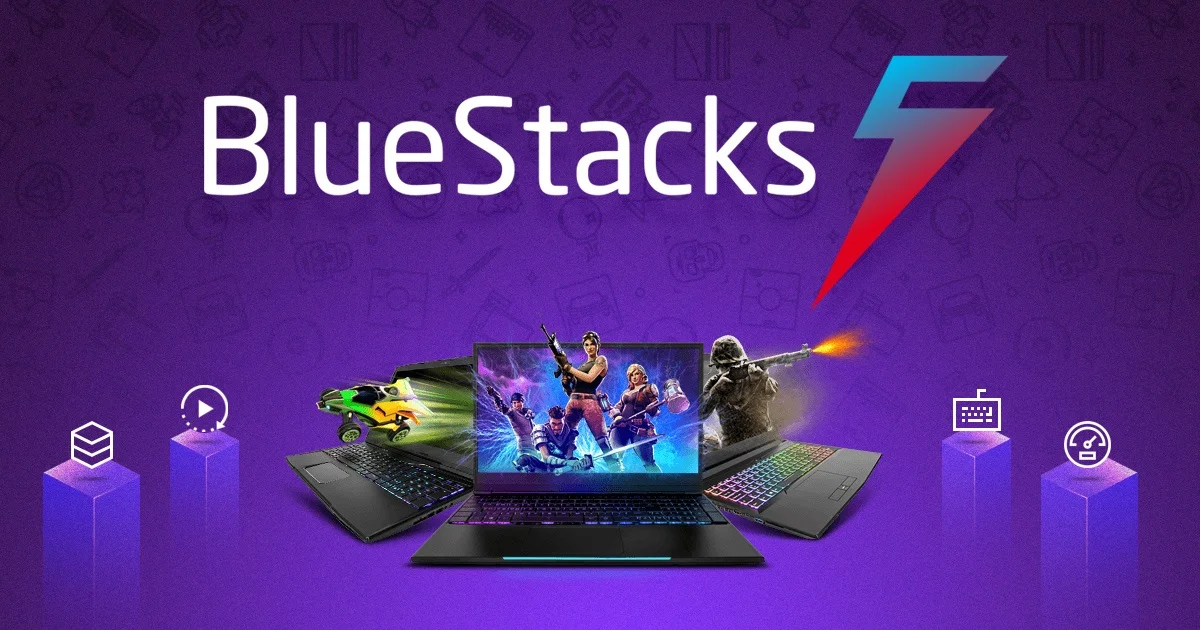





Pingback: The Best Cryptocurrency to Invest in 2024